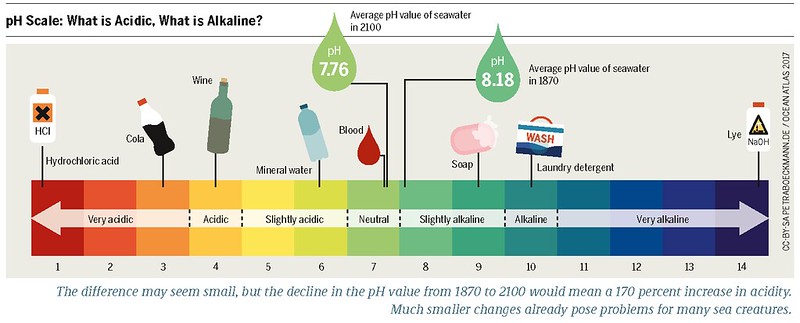The pH of Reverse Osmosis (RO) water is generally in the neutral range, around 7. However, it can vary depending on factors such as the mineral content of the source water, RO membrane efficiency, carbon dioxide (CO2) uptake, and post-processing. RO water in contact with air absorbs CO2, forming carbonic acid, which causes the pH to drop and the RO water to be slightly acidic.
Advantages of RO Water
While the pH of RO water has little direct effect on the human body, RO water has several advantages that contribute to improved water quality and potential health benefits. These include:
- Removal of Impurities: RO effectively removes a wide range of contaminants, including heavy metals, minerals, and microorganisms, resulting in high-purity water.
- Improved Odor and Taste: RO water is free from unpleasant odors and tastes, making it more enjoyable to drink.
- Health and Hydration Benefits: RO water is free from harmful contaminants, making it a safer choice for drinking, cooking, and mixing infant formula.
- Versatility: RO water can be used for a variety of purposes, including cooking, making beverages, and cleaning.
Balancing the pH of RO Water
To balance the pH of RO water, you can find RO systems with optional filters fortified with electrolytes and minerals. This helps increase the mineral content and pH while reducing the effects of health conditions related to the consumption of low pH water. Additionally, alkaline water consumption can help improve your body’s pH balance and enhance calcium uptake by your body, making it a good source of calcium, especially for those who don’t like dairy products.
Misconceptions about pH and Alkalinity
It is important to note that there are misconceptions about the pH and alkaline correlation. For instance, lemon has a pH of 2.69, not 10, and RO water has a pH of around 6.5 or 6.6, not between 4 and 5. Reverse osmosis continues to be the most economical and effective way to purify water, and if you want to raise the pH and re-mineralize, then an alkaline-type filter is effective.
Testing the pH of RO Water
To ensure the purity and safety of your drinking water, knowing the pH of RO water is critical. A digital water pH tester can help you test the specific value of your RO water.
Conclusion
In summary, the pH of RO water is generally neutral, around 7, but can become slightly acidic due to the absorption of CO2 from the air. While the pH of RO water has little direct effect on the human body, RO water offers several advantages, including the removal of impurities, improved odor and taste, and health and hydration benefits. To balance the pH of RO water, you can use RO systems with optional filters fortified with electrolytes and minerals or add baking soda or Epsom salts to the water.
References:
– The pH of Reverse Osmosis Water
– Why Reverse Osmosis Water is Acidic
– What is the pH of RO Water?

